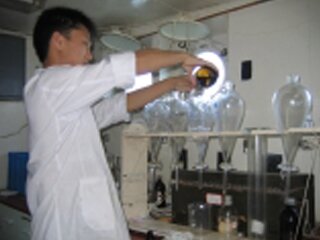Integration of scientific perspectives into the application of maritime law (2005)
23 May 2014

Dr Tosh Moller
Paper presented at Pacem In Maribus XXXI Conference 2005, 31 October - 3 November 2005, Townsville, Australia
This paper reviews a number of recent incidents of pollution form shipping and describes how the application of scientific methods for assessing damage helps to maintain a consistent approach to the implementation of relevant maritime legislation. These cases cover a range of political and cultural settings and serve to identify and assess damage against the background of a complex and highly variable marine environment.
Codes of practise and protocols have been developed to provide guidance for scientists engaged to assist regulators and claimants in gathering relevant evidence in marine pollution cases. Whilst such procedures may be imperfect, the abandonment of a science-based approach would lead to inconsistent results and a rapid loss of confidence in the law. The application of the Civil Liability and Fund Conventions provides examples of both good and bad outcomes, and their consequences.
Particular emphasis is given in the paper to the needs of developing countries in adopting sound strategies for tackling a wide range of environmental threats and in finding ways of resolving conflicting priorities. The International Convention on Oil Pollution Preparedness, Response and Co-operation (OPRC 90) provides a good framework for co-operation between states, and between government and industry, whilst at the same time fostering collaboration in scientific and technological enquiry, such as research and development.
Category: Papers
